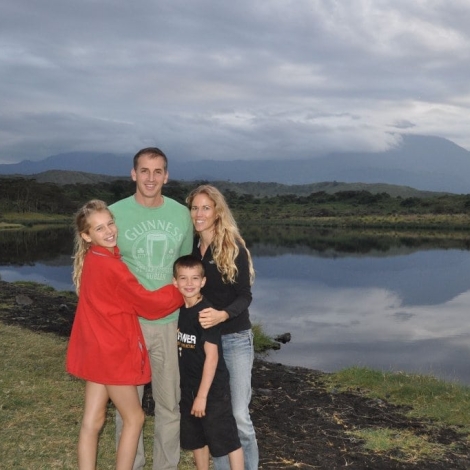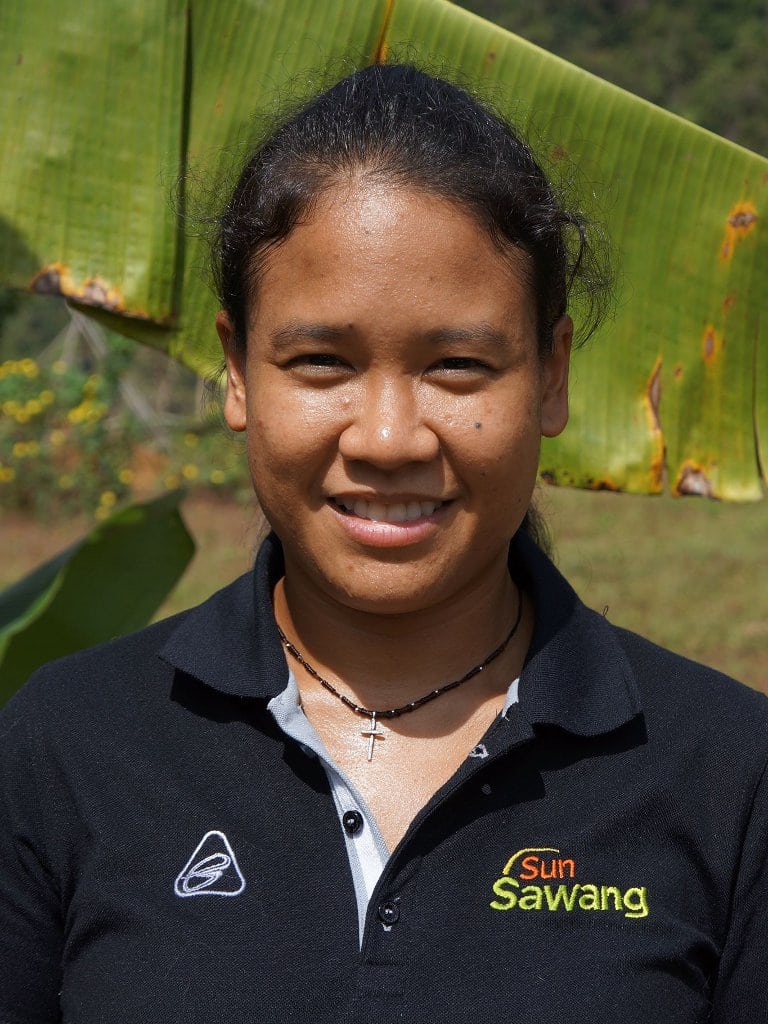One million Africans could have reliable solar power within the next five years if Off-Grid Electric stays on course. The organization sells solar energy and lights as a service, not a product, to Tanzanians and soon to people in other African countries. It solves two major problems in energy production in global development by doing things themselves. They do their own maintenance on their products and use top-of-the-line technology to ensure that the service is reliable. And they solve the distribution problem to reach out-of-the-way rural communities by owning their own distribution networks. Those strategies lend credence to Off-Grid Electric’s claim that it is fully scalable and capable of meeting its own high projections within the next few years.
We use next-generation everything. We honestly have built the most sophisticated, flexible and modular small DC solar home system available today.
To learn more about what this organization is cooking up, we spoke with Off-Grid Electric’s Chief Technology Officer Joshua Pierce. Pierce has worked in the renewable energy industry for 15 years and has overseen energy projects for the US Department of Energy and large privately owned utilities. We asked him five questions.
E4C: Would you give us an update on Off Grid’s numbers, like the number of customers and projections for growth?
JP: We have roughly 35,000 customers that pay us a flat daily rate for reliable solar power that provides them with basic, modern energy services. We don’t sell systems, we lease them over a longer term with a built in guarantee of service. Any problem, we fix it at no cost, no questions asked. They pay for reliable and aspirational energy, not for a product.
Our prices start below the cost of running a kerosene lantern for three to four hours a night, and provide 20 to 30 times the light, with basic appliance charging included (phones, small radio, etc). We also offer larger systems that can run TVs, decoders, charge larger appliances, etc.
We work throughout Tanzania and are starting in Rwanda this year. We fully expect to reach a million customers within the next three to four years. That’s what we call a good start.
E4C: Would you give us some of the specs on your technology?
JP: We use next-generation everything. Not to be boastful, but we honestly have built the most sophisticated, flexible and modular small DC solar home system available today. No other system widely available has our capabilities. We can take up to 5A (most systems in our payment range have max capacity of 1A to 2A), use LifePO4 batteries, complete SOC monitoring, modified MPPT tracking for larger systems etc. This is all on a single architecture platform that can be adjusted for regional needs. In addition we have best in class efficiency in our appliances, and are constantly innovating to increase durability and performance of appliances. We design toward a 10 year system life.
E4C: What technological improvements are you working on?
JP: We focus on the best technology commercially available today (leading edge vs bleeding edge), and focus our innovations on designing for our customers’ biggest pain points.
For example, there are over a million fishermen in Tanzania that need a reliable and safe way to fish at night. Today they spend $10 a night burning jet fuel on floating wooden platforms to attract fish. We use our hardware platform and design process to solve these kinds of problems, rather than trying to implement unproven pre-commercial technologies.
E4C: Have there been any surprises about how your customers use your products?
JP: Absolutely. Here is an example. Customers tend to put the big, bright lights outdoors! They live outdoors three-quarters of the time. Of course they want their tube light outdoors next to the firepit and courtyard hangout, etc. Plus it adds security. We call it “driving out the darkness.”
E4C: Story time: Would you describe a time when you just knew that you’re doing the right thing with your life?
JP: In my last trip back to Tanzania, which I do regularly, I met a bright young woman at a company party (we try to celebrate our hard work together). She had just graduated our MPOWER training Academy and started work with us. In tears, she recounted how her family became an MPOWER customer, and when she visited home (after attending local University), saw how it had transformed her childhood home. “We lived in the village, and the village was now lit up with MPOWER,” she said. And then she applied for the academy. Now she is lighting the lives of other communities near her home. These bright young people inspire me everyday with their optimism in the face of incredible odds, their warmth and their dedication to the cause of lighting Africa.

